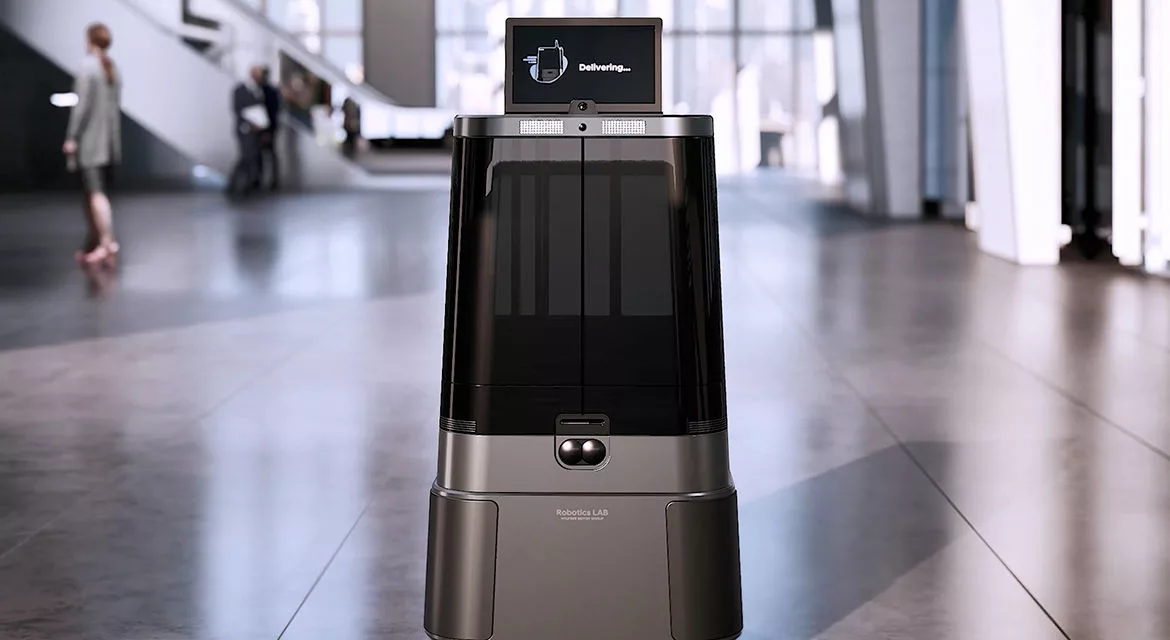Revving up innovation in the electric vehicle sector, Hyundai and Kia are accelerating their presence in India with a strategic move into EV battery manufacturing. Their collaborative efforts extend beyond just vehicles, with robotics taking a front seat in their futuristic endeavors—as seen with their latest indoor coffee delivery system, a hint of competition against the advancements of Tesla.
A Bold Step into India’s EV Market
India’s business landscape, known for its emphasis on local production, has been a significant barrier for international automotive titans like Tesla. Hyundai and Kia, however, have strategized their entry into the Indian EV market by teaming up with Exide Energy Solutions. The partnership, cemented with an MoU, aims to generate LFP (lithium-iron-phosphate) batteries within the country, providing an essential component for Hyundai and Kia’s EVs set to cruise the Indian roads. Exide stands out as a premier player in India’s battery industry, offering a strong collaborative advantage.
India’s EV Market Potential
India’s electric vehicle market is on a nascent stage, but the potential for growth is enormous. The country’s aspirations, marred by initial hazy targets of full electrification, showcase ambition and the future arc of the automotive industry in India. Hyundai and Kia are ready to harness this potential for electrification and gain a competitive edge through localized battery production.
Hyundai and Kia’s R&D Division on EV Localization
“The significance of India in the electrification of vehicles is magnified by the nation’s aims for carbon neutrality. Securing cost advantage through local battery production is essential,” expressed Heui Won Yang, the R&D Division President at Hyundai Motor and Kia. This global alliance with Exide Energy Solutions is their strategic play to furnish Hyundai and Kia’s future EV models in India with batteries produced on domestic soil, aligning with market demands.
The Robotics Frontier: Hyundai and Kia’s DAL-e Delivery Robot
Moving from the roads to indoor spaces, Hyundai and Kia’s unveiling of their enhanced DAL-e Delivery robot marks their venture into robotics, enhancing the indoor delivery experience. With a nod towards the technological prowess symbolized by creations like those in Star Wars, they fuse functionality with automated intelligence.
Revolutionizing Deliveries with Advanced Robotics
The DAL-e Delivery robot, evolved from its predecessor introduced in late 2022, is engineered to perform efficiently in intricate environments such as office complexes and malls. Hyundai and Kia highlight the dual improvement in design and function—shrinking exterior dimensions while expanding internal cargo space. The updated robot can transport up to 10 kg or deliver 16 cups of coffee, a testament to its versatility and improved performance.
Hyundai and Kia’s Robotics Lab Explores Seamless Delivery Services
“DAL-e Delivery is at the forefront of our mission to deliver food, beverage, and parcels swiftly and reliably,” stated Dong Jin Hyun, the VP and Head of Hyundai Motor and Kia’s Robotics Lab. The vision for these robotic services encompasses a seamless integration within diverse spaces, offering a visionary future of infrastructure interconnectivity.
DAL-e Delivery’s Advanced Autonomous Features
With DAL-e Delivery, Hyundai and Kia showcase a sophisticated integration of motor, steering, suspension, braking, and sensor systems. The robot’s agile speed, combined with autonomous driving technology, allows it to detect obstacles and navigate crowded settings. The advanced suspension ensures smooth movement over irregular surfaces, guaranteeing stable and efficient deliveries.
Advanced autonomous capabilities also allow the DAL-e Delivery robot to traverse building floors independently, coordinating with elevator and door systems to execute prompt deliveries. Its real-time route optimization and sophisticated AI facial recognition, confirmed by the Korea Internet and Security Agency for exceptional accuracy, simplify the handling and reception of goods, eliminating the need for passwords and enhancing user convenience.
With these innovations, Hyundai and Kia are not just shaping the future of mobility but also redefining the potential applications of robotics within everyday spaces, bringing a touch of science fiction into reality.
